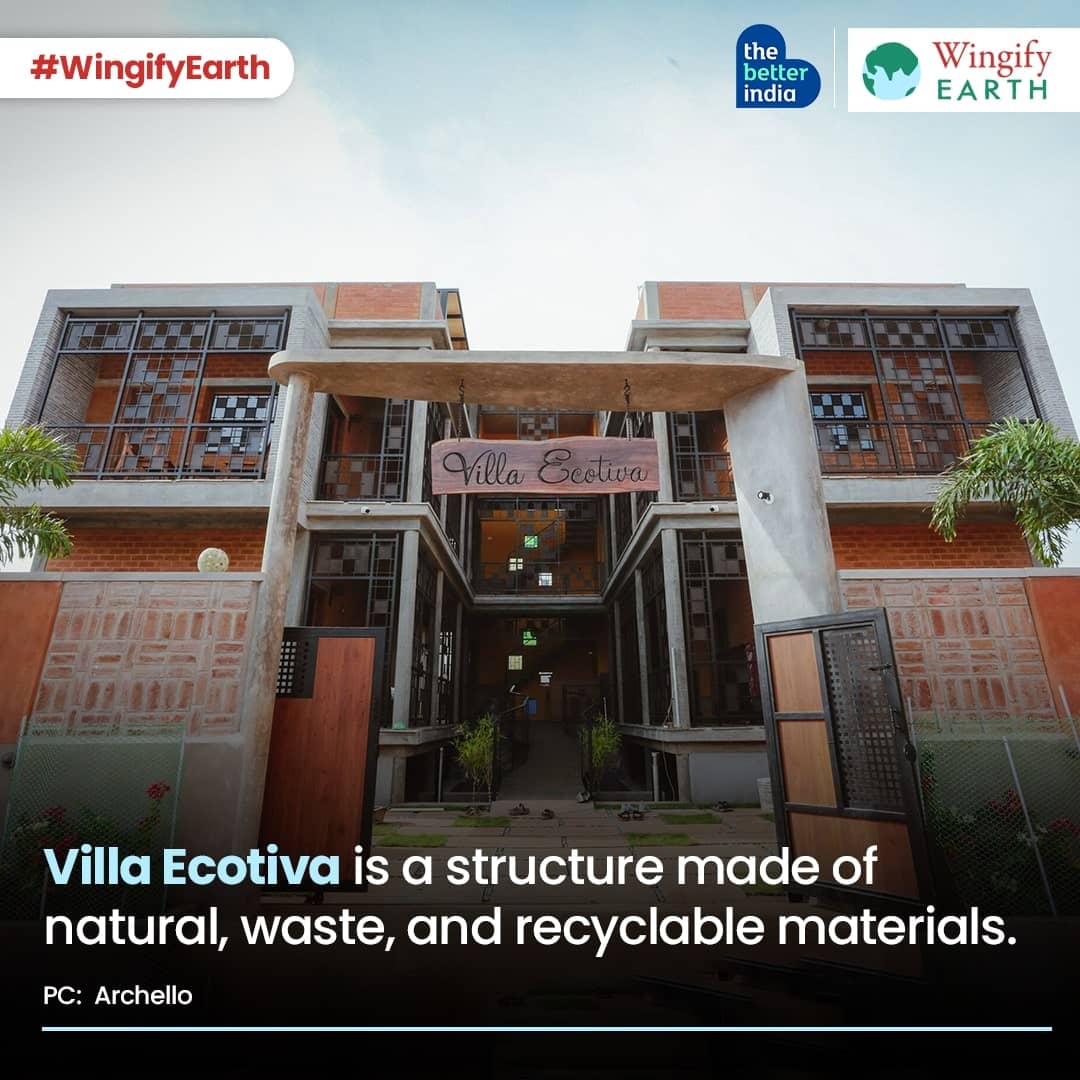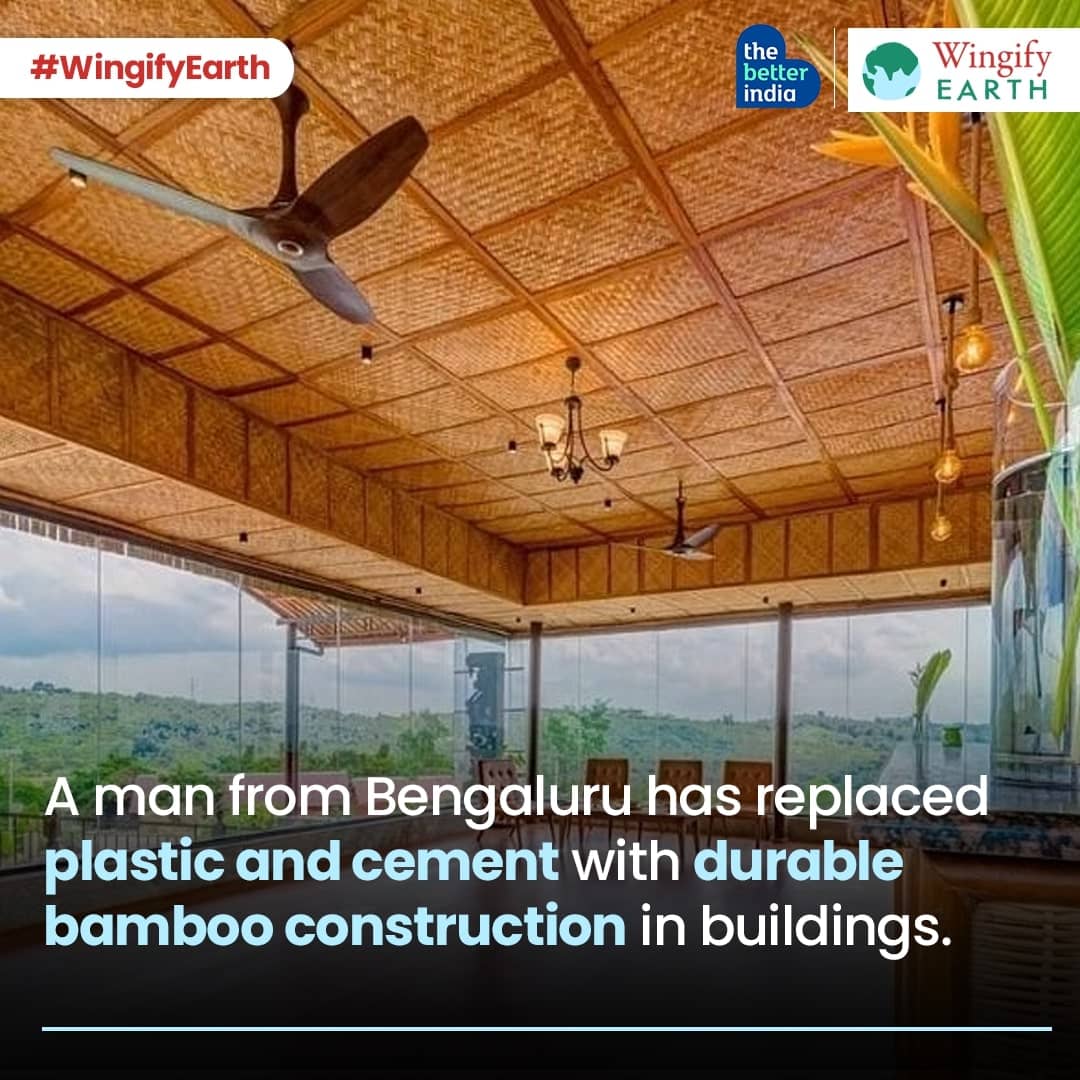This post is created by The Better India and sponsored by Wingify Earth.
Researchers from IIT-Madras have developed a model to aid the production of biocement using bacteria and say this sustainable process could reduce carbon dioxide emissions in the future.
The team studied the Microbially Induced Calcite Precipitation (MICP) process using the bacteria S. pasteurii, and developed a structured model to scale up manufacturing of bio-cement.
Bio-cement has several advantages over conventionally manufactured cement, including energy efficiency, negligible carbon dioxide emissions, potential economic savings, faster production, and comparable strength, durability, and water absorption capacity to conventional cement. The team’s research, which was published in the Biochemical Engineering Journal, could lead to the development of bioreactors for bio-cement production in the future.
The MICP process involves the formation of calcium carbonate precipitates by microorganisms, which are used to produce bio-cement. The structured model developed by the researchers is more useful than unstructured models and provides better insights into the bio-cementation process, which could improve the process, rationalise process scale-up, and optimise it in the future.
#WingifyEarth encourages such proactive actions to safeguard the environment and keep it clean.
#WingifyEarth in partnership with 'The Better India'






Leave A Comment
Your email address will not be published. Required fields are marked.